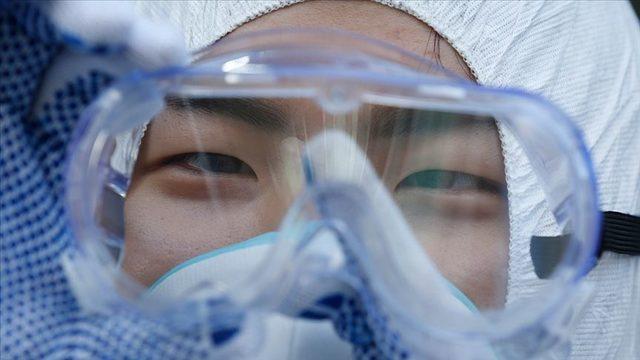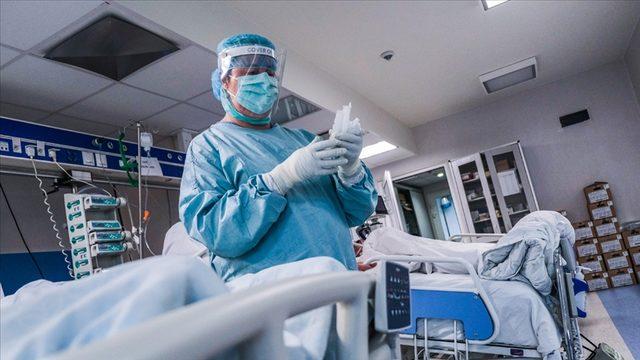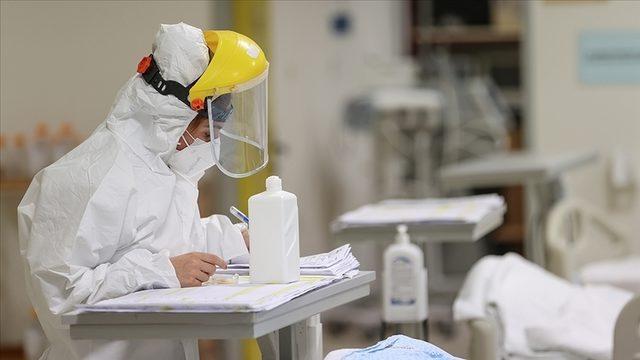According to NTV’s report, JN.1, a sub-variant of Omicron, which is a variant of Covid-19, spread to the USA after India and China. WHO officials say the risk to public health is currently low and existing vaccines continue to provide protection. Authorities presented their recommendations for the disease, for which they are worried that the number of cases will increase. Symptoms of JN.1 and what to do to prevent the disease!
“VARIANT TO BE CONSIDERED”
Respiratory viruses such as influenza, respiratory syncytial virus (RSV), and childhood pneumonia are also on the rise in the Northern Hemisphere.
The virus that causes Covid changes over time, and this leads to the emergence of different variants.
Omicron has been the dominant variant worldwide for some time.
WHO is currently monitoring a number of “variants of concern” linked to Omicron, including JN.1, but none of these are yet considered concerning.

MAY INCREASE THE NUMBER OF CASES
JN.1 is now the fastest-spreading variant in the country, accounting for 15 to 29 percent of infections, according to the U.S. Centers for Disease Control and Prevention (CDC).
The UK Health Safety Agency also said JN.1 currently accounts for around 7 per cent of positive Covid cases analyzed in the laboratory and will continue to monitor all data on this and other variants.
The rapid spread of JN.1 is probably due to the fact that it has an additional mutation in the spike protein to that of the BA.2.86 variant from which it derives.
WHO’s risk assessment states, “It is predicted that this variant may cause an increase in coronavirus cases, as well as an increase in other viral and bacterial infections, especially in countries entering the winter season.”
According to the WHO, there is still limited evidence on how well JN.1 can overcome the immunity conferred by vaccines.
There is no evidence that this variant makes people sicker than previous ones.
But WHO officials say more studies are needed to determine the health impact of this variant, as the number of countries reporting data on people admitted to hospital with Covid has decreased significantly.

WHO MADE RECOMMENDATIONS TO PREVENT DISEASES
To prevent infections and serious diseases, WHO recommends:
- Wear a mask in crowded and closed areas
- Cover your mouth when you cough and sneeze
- Clean your hands regularly
- Get up-to-date Covid and flu vaccinations, especially if you are in an at-risk category
- Get tested if you have Covid symptoms
SYMPTOMS OF JN.1 ARE LISTED
Cough.
Sore throat.
Headache.
Muscle pains.
Fire.
Change or loss of taste or smell.
Congestion and runny nose.
Burnout.
“Brain fog” (feeling less alert and aware).
Shortness of breath.
Gastrointestinal symptoms (stomach upset, mild diarrhea).

